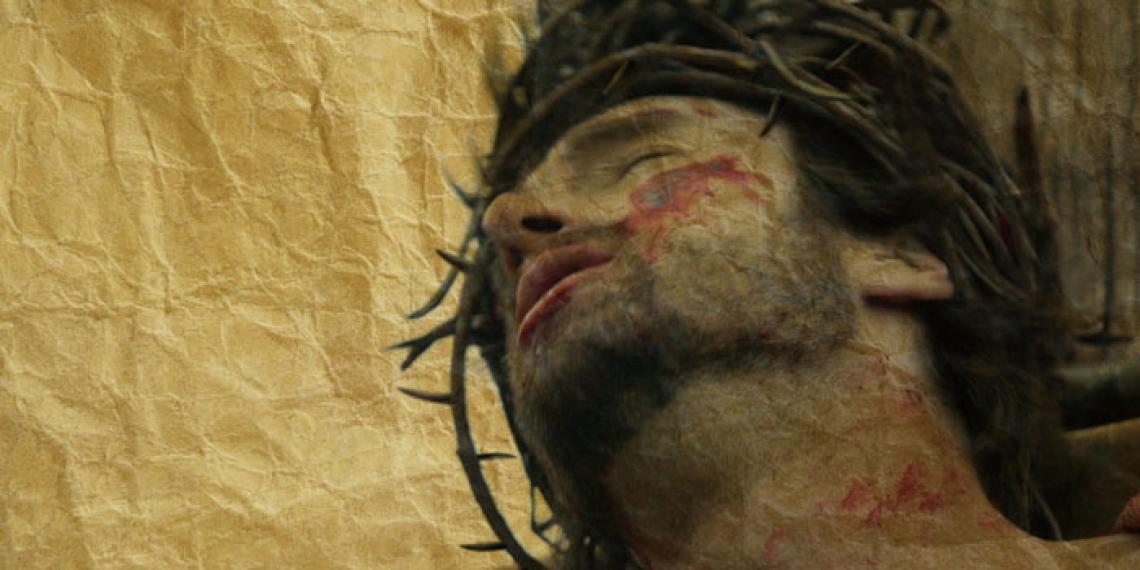You are here
What is Lent?

We might already know that Lent is about giving something up in the weeks before Easter. But we may know little about why we do this, or the other aspects of ‘walking with Jesus’ to the cross at Easter.
Catholic tradition sees the 40 days of fasting at Lent as a two-fold journey: firstly, it is part of penance, prayer and asking forgiveness for sins. Secondly, it is a symbolic way of journeying with Jesus, from his 40 days of fasting in the desert, right through to the cross. ‘It is in these dark and still nights, these desert-times, that the soul experiences its greatest growth,’ says the website Catholic Culture.
Lent is a modern-day lament. We humbly bring to God our shortcomings, and spend time experiencing his grace. At Lent, ‘our attention shifts from light to shadows: [Jesus’] increasingly hostile opponents, his growing heaviness of spirit, and his ominous talk of betrayal and death,’ says Bobby Gross in Living the Christian Year. This is experienced in the light of Jesus’ coming resurrection from death and the great hope to come. In fact, the origins of the word ‘Lent’ means ‘spring’, symbolising the joy of new life.
Fasting is part of this lament, but it’s not so much what we give up, it’s about creating space in our lives for contemplation and a closer intimacy with Jesus. If we make it about what we’re giving up, Lent becomes nothing more than a ‘diet’ disguised as spirituality. Although, if we do fall into this temptation, we can see this as another opportunity to recognise our self-centredness and ask for God’s help.
Originally, Lent was a two-day fast: on Friday to mark Jesus’ death, and Saturday, to remember his burial. So, even if you aren’t doing Lent, there is still time to meditate in the Lent tradition.
And, of course, Lent is really the foreword to the real story of Easter: the new life, friendship and deep, unstoppable love of God available to all of us through Jesus. We mourn Jesus’ death, but ultimately, we celebrate his resurrection and life. The lament of Lent makes the feast of Easter all the sweeter.